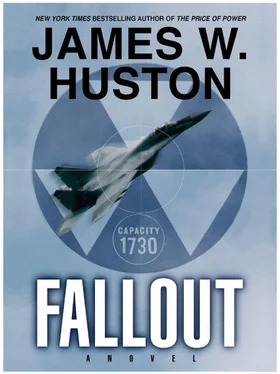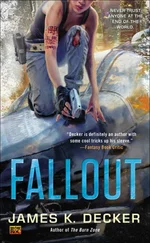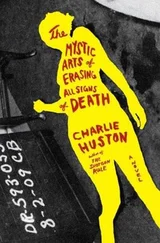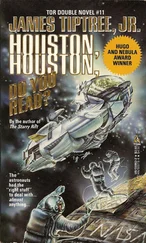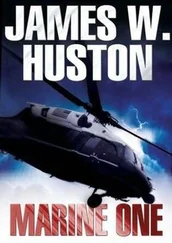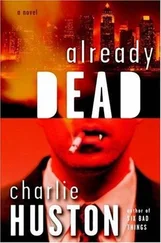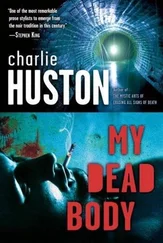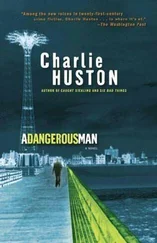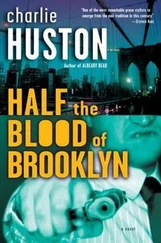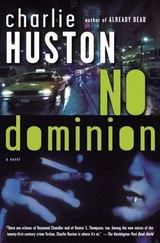“By the way, unlike in the movie, neither the real TOPGUN nor this school will rank you. There is no TOPGUN trophy, and there will be no NFWS trophy. But we will know. And you will know. The best will percolate to the top. We expect you to be at your best. Any questions?”
Major Khan had been staring coldly at Luke throughout the lecture. He raised his hand, and Luke recognized him reluctantly. “Are you willing to consider changes to the syllabus to better fit your students’ needs?”
Luke smiled. “Major Khan.” He looked at the other students and spoke to the group before responding to Khan. “These are the pilots from Pakistan. Their lead pilot is Major Riaz Khan. Let me introduce him.”
The other students murmured their hellos. Khan continued to stare at Luke. Luke kept a friendly tone in his voice, but the words had very sharp edges. “Major Khan, as I told you this morning at the special meeting we set up to discuss that very topic, we’re not going to be changing the syllabus. We told you that we would be willing to accommodate you with two or three additional hops so you could get the additional air-to-ground training you yearn for. You told me that was not good enough.” He paused. “I understood you when you said that. I would really prefer that you and I discuss this at a later time. Clear?” Luke stared back. Khan didn’t respond at all.
“After your flights at the end of the day, I’d like to invite you to our first social event at the Officers’ Club—the 94th Aero Squadron, as it is called—which is the next building over. It is the old Officers’ Club from when Tonopah was an Air Force base, but we’ve added our own touch. We call it the 94th Aero Squadron because that was the squadron in which the first Navy ace flew, in World War I. He was nineteen years old when he got his fifth kill.”
Luke paused. “We’re here to give you the tools to be an ace if you ever find yourself in combat. But what makes an ace? What makes one man seize history by the balls and shoot down dozens of enemy airplanes while his squadron mate, with the same airplane and the same opportunities, gets maybe one kill over the course of the same war, or two, or none, and has a lot of mechanical problems that ‘make him’ go back to the base before the real fighting starts?” He scanned their faces. “What is it that makes the difference? If you talk to aces, they’ll tell you that in their squadrons they were able to predict who was going to get the kills before the shooting even started. Some never seemed to see the enemy. Some would engage but never get a shot off.” He paused again.
“There are a lot of ingredients that go into it. Courage. Tenacity. Eyesight. Or is it all just ‘luck’? I don’t believe in luck; I believe in physics. But there are other factors. Training, maybe. Skill—being a great pilot—that also comes into play. But there is an intangible.
“There aren’t that many aces around anymore. There was only one Navy ace in Vietnam, Duke Cunningham, and one Air Force ace, Steve Ritchie. Think about this,” he said intensely. “The youngest American ace is over sixty .
“We’re going to see if we can help you find your intangibles. The things that will make you stand up and be counted when it really matters.
“So tonight, after your first flights, come over to the O’ Club. I think you’ll like the World War I decor. There is a Nieuport and a Fokker triplane parked out front. You can’t miss it. And on the inside are sandbags and our Wall of Fame—the wall in the dining room where every ace in American history is mentioned. We’ll convene there about 1900, after you’ve had a chance to have some dinner. We’ll grab a beer and debrief and—”
“We do not allow alcohol,” Khan blurted.
“Feel free to have iced tea, or lemonade, or a Coke, or… water. Whatever you want,” Luke replied, ignoring Khan’s smoldering stare. “We will adhere to the standard Navy policy of twelve hours from bottle to brief.” He stopped. “Any questions?” There weren’t any. “All right. Let’s get this class under way.”
Brian Hayes stared at the new digital telephone on his desk. He picked up a pencil and began doodling on the notepad in front of him. He felt like someone who was leaving on a trip and was forgetting something critical, that jarring, “damn it!” feeling. It was with him all the time, as if something right in front of him were about to explode. Whenever he tried to trace the feeling, it always came back to Khan. He didn’t know why exactly, just that in the back of his mind it was always about Khan.
He dialed the number from memory. It rang several times and was about to kick over into voice mail. Suddenly the receiver was picked up at the other end. “Yeah.”
“Hey, bro,” Brian said, glad to hear the voice.
“Brian, what’s up?” Kevin Hayes was Brian’s older brother by eleven months and one day. Irish twins. “You okay?” he asked, his mind immediately drawn to Brian’s condition.
“Yeah. Fine.”
“You getting along all right?”
“Fine. It bothers me, but I’m doing okay.”
“You actually getting better?”
“It doesn’t work that way. But it’s not getting worse as fast as I thought…”
“How’s your new job?”
“Great. Incredible,” Brian said. “Secret level, which isn’t very sexy, but it’s fun. First class started today. We’ve got sixteen instructors, and all the MiGs are FMC.”
“FMC?”
“Fully mission-capable. Ready to go.”
“I can’t believe you got those MiGs flying. I heard they were at the end of their useful life.”
“That’s what the DOD said for public consumption. They only had a couple hundred hours on them. I think they had other things in mind for them but never got around to it. Probably a budget issue. And Luke found this company that’s joint German and Russian. They’re doing the maintenance. They can take any Russian airplane down to its serial number and build it back up. Some of the airplanes needed a lot of work, even new engines, and others didn’t. But if you’ve got the money, they can make them fly.”
“Unbelievable. What a great deal. So what’s up? You don’t sound like you called just to talk.”
Brian hesitated. “I need your help.”
“What kind?”
“It’s one of our students. I was wondering if… if you could have somebody check into him.”
Kevin was cool. “We don’t operate inside the U.S. You know that. That’s FBI.”
“CIA looks at foreign issues. Right?”
“Go on.”
“The student, the foreigner—”
“Where are you calling me from?”
“The school.”
“You have access to a STU-III?”
“No. We don’t have any secure communications.”
Kevin Hayes paused. “Don’t say anything you don’t want to read in the newspaper. What’s going on?”
“We have four foreign students—six actually, but four of them are from Pakistan. Ever since I heard about these guys, the hair has been standing up on the back of my neck. The way the school got going, the way they show up as the first foreign students with the path completely greased for them. The way their head guy shows up with this attitude, a total asshole , like he’s completely in control, gives our CO a faceful of crap, but there’s more to it. I don’t know. That’s why I hesitated to call. There’s nothing I can really point to. I just wanted—”
“Look, Brian,” Kevin said sympathetically, “I trust your instincts, but you don’t crank up the big bad Agency to investigate some random suspicions. Assholes are not on our list of things to look into.”
“He has the same name as the Pakistani director of ISI.”
“Internal Security? Shit, Brian, those are some serious people. You think he’s related?”
Читать дальше
